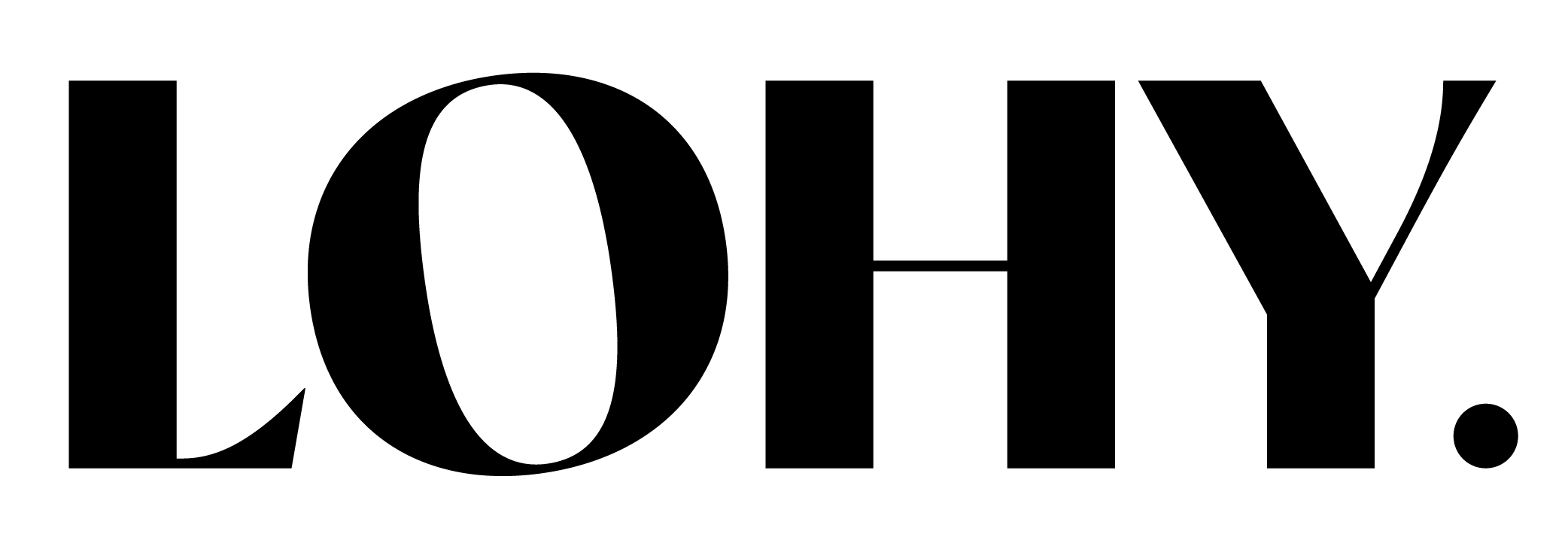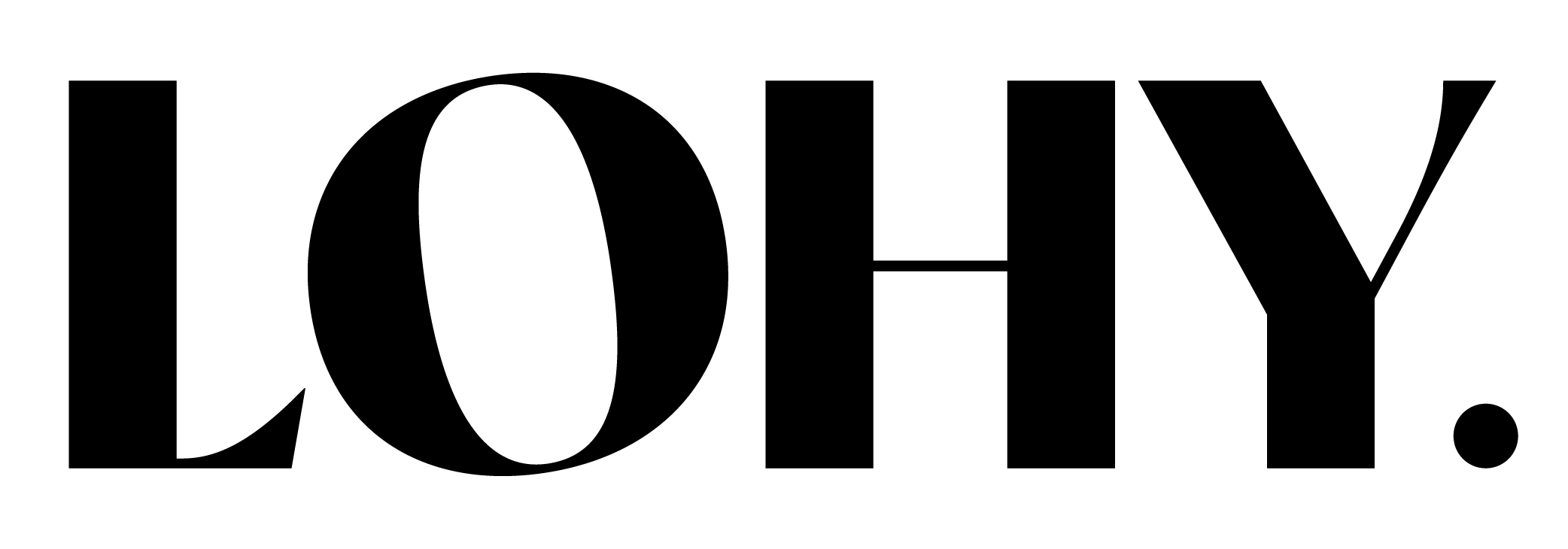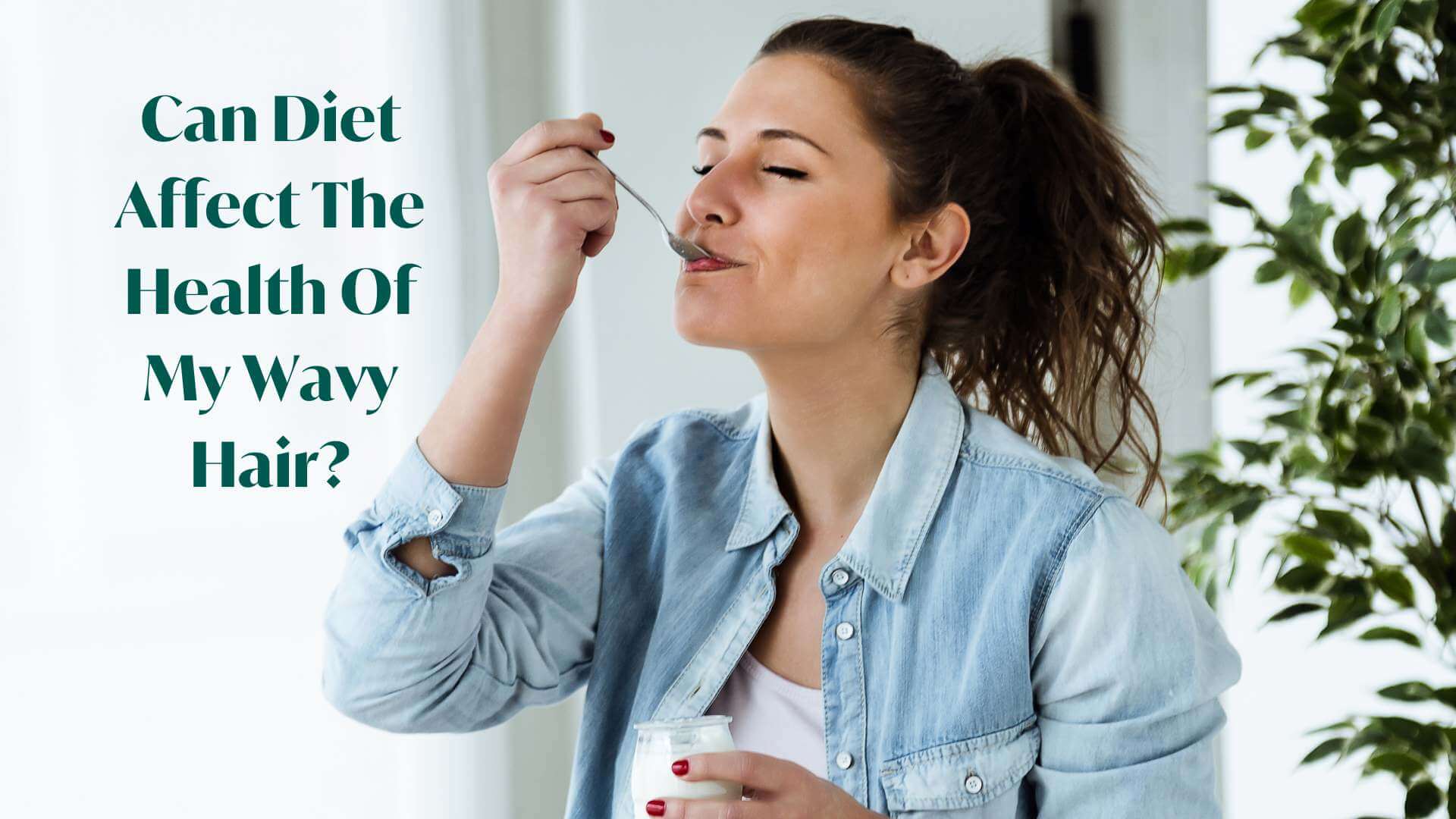The short answer is yes. Diet plays a significant role in the health and vitality of your wavy hair.
Four Things Your Wavy Hair Needs To Thrive!
- Protein.
- Essential Fatty Acids
- Vitamins and Minerals.
- Hydration.
Protein
Your hair is made up of protein. Ensuring you have enough protein in your diet is critical for strong, healthy waves.

The Importance of Protein for Wavy Hair Health
- Structure of Hair: Hair is primarily made up of a protein called keratin. This protein gives hair its strength and elasticity. For wavy hair, which naturally tends to be drier and more prone to breakage that other types of curly hair, maintaining adequate protein levels is essential for retaining its natural curl and preventing frizz.
- Impact of Protein Deficiency: Lack of protein can lead to weak, brittle hair. In wavy hair, this can manifest as limp waves, increased breakage, and a lack of definition. Over time, severe protein deficiency can even lead to hair loss.
- Sources of Protein for Hair Health: Animal Sources: Lean meats, poultry, fish, and dairy products are excellent sources of complete proteins, containing all the essential amino acids your hair needs.
- Plant-Based Sources: For those on a vegetarian or vegan diet, lentils, chickpeas, quinoa, nuts, and seeds are great alternatives. They provide essential amino acids and other nutrients beneficial for hair health.
- Balancing Protein with Moisture: While protein is vital, balancing it with adequate moisture is key, especially for wavy hair. Overloading on protein without proper hydration can make hair stiff and brittle. Ensure a balanced diet that includes hydrating fruits and vegetables, and consider using hair care products that offer both protein and moisture.
- Role of Biotin and Other Nutrients: Biotin, a B-vitamin, is also crucial for hair health. It aids in the production of keratin and can be found in eggs, almonds, cauliflower, and cheese. Other important nutrients include vitamin E, omega-3 fatty acids, and iron.

But wait- I don't consume meat or animal products!
Protein is a key building block for healthy hair, as hair is primarily made of keratin, a type of protein. Incorporating sufficient protein into the diet is essential for maintaining the health and vitality of your hair, but not always easy if you struggle to incorporate animal products into your diet. FEAR NOT, there are plenty of ways to include protein in your diet, without consuming animal products.
Plant-based sources of protein, such as lentils, chickpeas, tofu, quinoa, nuts, and seeds, are incredibly beneficial for hair health. These foods not only provide the necessary protein but also contain a variety of vitamins and minerals that support hair strength and growth.
Incorporating a diverse range of these protein-rich foods ensures a balanced intake of essential amino acids, which are crucial for repairing and strengthening hair fibres. For those who might find it challenging to consume adequate protein through diet alone, vegan protein powders can be a convenient supplement. It's also important to pair protein intake with adequate hydration and other hair-healthy nutrients, like omega-3 fatty acids found in flaxseeds and walnuts, to maximise the health benefits for wavy hair.
A holistic approach to nutrition helps ensure that your wavy hair remains strong, elastic, and vibrant.

Essential Fatty Acids And Their Role In Wavy Hair Health
Incorporating a balanced amount of essential fatty acids, especially omega-3s, is vital for maintaining the health of wavy hair. They contribute not only to the strength and growth of hair but also enhance its natural texture and shine.
- The Role of Omega-3 Fatty Acids: Omega-3 fatty acids, found in fish, flaxseed, walnuts, and chia seeds, are crucial for hair health. These healthy fats are known to provide nourishment to the hair follicles, promoting growth, adding lustre, and reducing inflammation that can lead to hair loss.
- Benefits for Wavy Hair: For wavy hair, which can be prone to dryness and frizz, omega-3s help in maintaining the natural oil barrier of the scalp. This results in improved hydration, reduced frizz, and enhanced wave definition.
- Other Beneficial Fatty Acids: Apart from omega-3s, omega-6 fatty acids, found in vegetable oils and nuts, also play a role in hair health. They primarily assist in hair growth and overall scalp health.
- Incorporating Fatty Acids in Your Diet: To reap the benefits of these fatty acids, include oily fish like salmon, mackerel, and sardines in your diet. Vegetarian options like avocados, nuts, and seeds are also great sources.

- Supplementing with Fish Oil or Flaxseed Oil: For those who find it challenging to consume sufficient amounts of these fatty acids through diet alone, supplements like fish oil or flaxseed oil can be an alternative.
Vitamins & Minerals
Vitamins and minerals also play a part; for instance, Vitamin E supports a healthy scalp and hair as it has natural antioxidant effects that could assist with maintaining hair growth. Vitamin A helps skin glands produce sebum, which moisturises the scalp and helps keep hair healthy. Meanwhile, B vitamins, especially biotin (B7), are often associated with hair growth. A deficiency in these can lead to hair issues.
Essential Vitamins and Minerals for Healthy Hair
Proper nutrition is key to maintaining healthy hair, and certain vitamins and minerals are particularly beneficial. Here are some essential vitamins and minerals that support hair health:
- Vitamin E:
- Known for its antioxidant properties, Vitamin E supports a healthy scalp, reducing oxidative stress which is crucial for hair growth and maintenance.
- Vitamin A:
- Essential for the production of sebum, Vitamin A helps keep the scalp moisturised and hair healthy, ensuring that the hair strands are well-nourished.
- B Vitamins (Including Biotin - B7):
- B vitamins, especially Biotin, play a significant role in hair growth. They help in creating red blood cells, which carry oxygen and nutrients to the scalp and hair follicles.
- Vitamin C:
- This powerful antioxidant helps protect against oxidative stress caused by free radicals. It's also crucial for the production of collagen, a key part of hair structure.
- Iron:
- Iron deficiency is a major cause of hair loss, particularly in women. Iron helps red blood cells carry oxygen to your cells, including hair follicles, which is vital for hair growth and strength.

- Zinc:
- Zinc plays a role in hair tissue growth and repair. It also helps keep the oil glands around the follicles working properly.
- Omega-3 Fatty Acids:
- While not a vitamin or mineral, these essential fats are crucial for hair health, providing oils that keep your scalp and hair hydrated.
- Magnesium:
- Magnesium is another key mineral for hair growth and health. It plays a role in protein synthesis and cellular metabolism, contributing to the strength and resilience of hair.
- Selenium:
- Selenium is involved in the creation of hair. A deficiency in selenium can lead to poor hair growth.
- Niacin (Vitamin B3):
- Niacin improves blood circulation to the scalp, which aids in the rejuvenation and strength of hair follicles.
Hydration - Inside & Out!
Staying adequately hydrated is an often-overlooked yet essential aspect of maintaining the health and appearance of your hair, especially for those with wavy textures.

Just like any other part of your body, your hair is significantly impacted by your hydration levels. When your body is dehydrated, it reflects in your hair, leading to symptoms like dryness and frizziness. These issues can be particularly noticeable in wavy and textured hair, where adequate moisture is crucial for maintaining the natural pattern and definition of the waves. Type 2B and Type 2C hair tend to become dehydrated faster than Type 2a.
When your body is well-hydrated, it helps in maintaining the natural moisture balance of your scalp and hair. This moisture is vital for keeping your hair strands supple and resilient, reducing the likelihood of breakage and split ends. Textured hair is also more susceptible to knots so do yourself a favour and get hydrated! Well-hydrated hair is less prone to tangling, making it easier to manage and style.
Pro Tip: If you're not a natural 'water drinker' try flavoured water supplements like water drops, or get yourself a soda steam. You can always add some fresh lemon, mint and line to add flavour, or if those options aren't appealing you can always revert to the good old cordial.

Use Hydrating Products
Proper hydration is super important in making sure those nutrients are properly transported to the hair follicles. Hydration guarantees that your hair is not only moisturised but also nourished, promoting healthier growth and reducing issues like dullness and brittleness. Making sure you are using moisture rich products will help ensure that your healthy hair on the inside remains shiny and vibrant on the outside.
By simply increasing your water intake, you can help enhance the lustre, strength, and vitality of your wavy hair.
Top Tips For Staying Hydrated
- Aim to drink the recommended amount of water daily, which varies depending on factors like age, gender, climate, and physical activity levels. Everyday Health has created a Hydration Calculator to give you a helping hand.
- Incorporating ‘water-rich’ foods like fruits and vegetables into your diet can also contribute to your overall hydration.
- We all love a ‘cuppa tea’ or a strong double latte, however, we recommend avoiding too many caffeinated drinks - these will dehydrate you and be counter productive to the health of your hair.
Just like any other part of your body, your hair can show signs of dehydration.
Lack of moisture can make your hair look more frizzy and dry, which will affect the definition of your waves.
The Impact Of Junk Food On Hair Health
Let's face it – most of us enjoy indulging in junk food now and then. The allure of burgers, sweets, take away, and other yummy treats can be hard to resist. While occasional indulgence is part of life's pleasures, (and we're not suggesting denying yourself!!) it's important to understand the long-term effects of a diet high in junk food, especially when it comes to the health of your hair.

The Connection Between Diet and Hair Health
Your hair's health is a reflection of your overall nutritional status. Hair requires a steady supply of nutrients, including proteins, vitamins, and minerals, to grow and maintain its strength and lustre. When your diet is dominated by junk food, which is often high in unhealthy fats, sugars, and salt, but low in essential nutrients, it can lead to deficiencies that adversely affect your hair.
Balancing Indulgences with Nutrient-Rich Foods
Enjoying junk food in moderation is key. It's important to balance these indulgences with nutrient-rich foods like fruits, vegetables, whole grains, lean proteins, and healthy fats. This balance ensures that your body, and by extension your hair, gets the necessary nourishment to stay healthy.
Personalised Nutrition for Hair Health

Everyone's hair is different so pay attention to how your hair responds to dietary changes. Some may need more protein, while others might require a focus on hydration and vitamins. It's good to remember, that while diet can have a significant impact on your hair's health, genetics and proper hair care are also key factors in maintaining your waves and curls.
Always Seek Professional Advice
** While we specialise in wavy hair care and offer expert advice on maintaining healthy hair, we recognise that we are not medical professionals.
If you're concerned that your diet might be affecting the health of your hair, or if you're experiencing significant hair loss or other hair-related issues, it's wise to first consult with medical professionals. A healthcare provider or a nutritionist can offer personalised advice and dietary plans to address any deficiencies and promote overall hair health.**
Remember, the path to healthy hair i not just about the products you use or the styles you choose; it's also about being deeply connected to your overall well-being and nutrition. A well-balanced diet can be the foundation for vibrant and healthy hair.
Show your wavy hair some love - because healthy hair is indeed happy hair.
Love and Hydration xx




How To Style Naturally Curly Hair: How Technique + Products Can Make All The Difference!
The Ultimate Playbook: Curly Hair, Mens Edition